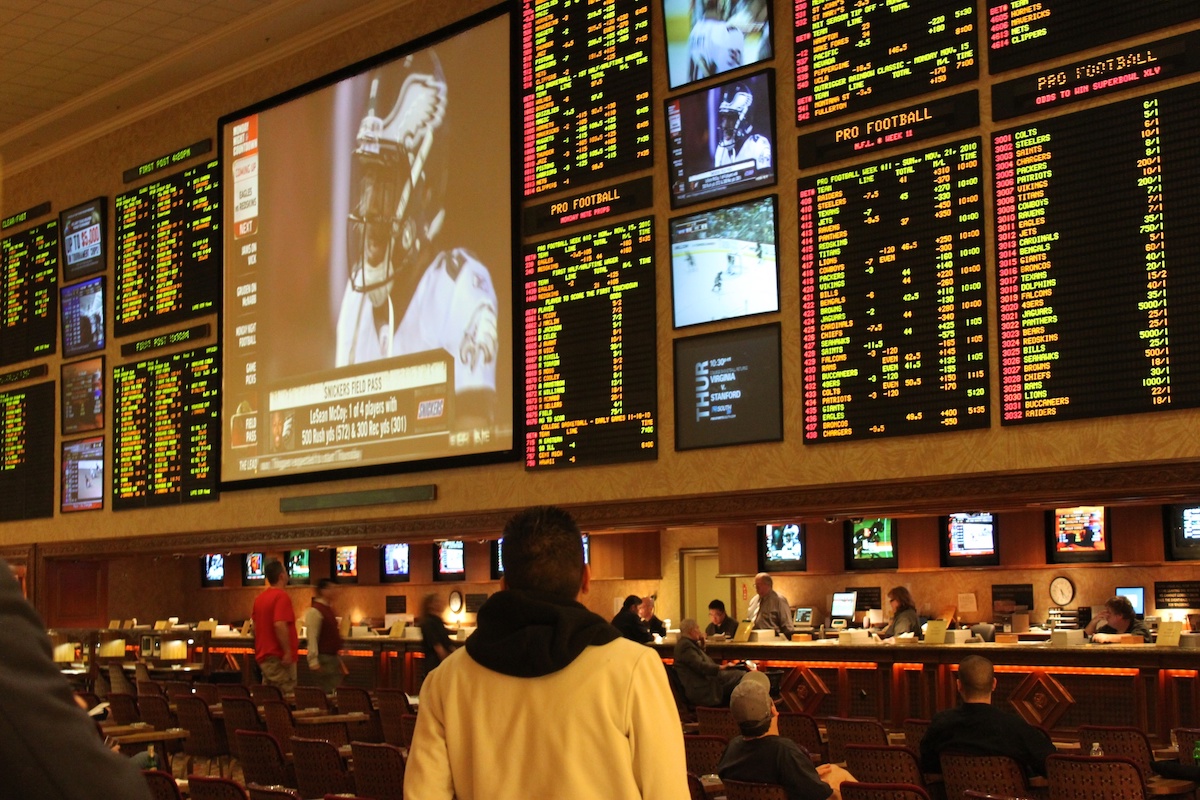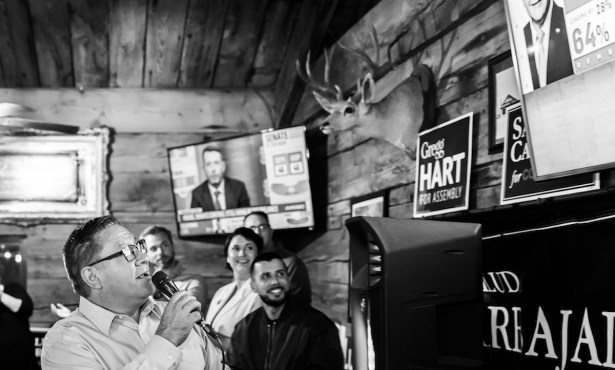Big Money on Sports Betting: California’s Propositions 26 and 27 Explained
Santa Ynez Band of Chumash Indians Among 60 Tribes Against Online Sports Gambling Proposition

A pair of propositions on the November ballot has raised a combined $400 million — more than any other state ballot measure — from big-time online betting juggernauts and tribes throughout the state vying for a chance to shape or kill the future of regulated sports gambling in California.
As Election Day fast approaches, political advertising reaches a fever pitch, and in 2022, it has become impossible to ignore the widespread messaging on social media, radio, and TV trying to scrape every last vote in favor or against these two propositions. According to these ubiquitous commercials, the fate of regulating gambling, homelessness, and funding for Indigenous communities rests on the outcome of this vote.
The choice falls between Propositions 26 and 27, both of which would legalize new types of gambling for state residents 21 and older, albeit in far different ways. On one side, a coalition of more than 50 native tribes have banded together to support legalized roulette, dice games, and sports betting on tribal lands with Prop. 26; on the other side, a financial behemoth backed by online sportsbooks DraftKings, FanDuel, and BetMGM has joined forces with Las Vegas casinos to bankroll Prop. 27, which would give control of online sports gambling in California to the already established leaders in the industry.
Prop. 27’s big-money backing represents the largest portion of spending, with an estimated $160 million being spent in support of the measure, almost entirely from the major sports booking companies eager to expand into California and establish a foothold in the legal gaming industry.
Large-scale online sportsbook companies’ transition into California’s gaming industry is part of a larger wave across the country. Ever since the Supreme Court struck down a federal ban on single-game sports wagering in 2018, more than two-thirds of U.S. states have legalized sports betting, with 16 states opting for a fully online betting platform like the one proposed in Prop. 27.
Supporters of the online-betting proposition say that the transition to allowing companies like DraftKings and FanDuel to offer services to California residents would be smoother since the platforms have already established fair practices across the country. Supporters also say the taxing of the online booking companies would generate hundreds of millions of dollars annually that would go to support homelessness, mental health, and addiction services.
Many of the “YES on 27” ad spots — including those featuring and referencing the three tribes publicly in support of the prop — focus on homelessness as a core issue. If it passes, a portion of annual revenue would be distributed through California’s Homeless and Mental Health Support account to city and county programs supporting homeless housing, assistance, and prevention.
Organizations have spent $150 million opposing Prop. 27, saying the legislation would create a near monopoly on California’s gambling industry by making the barrier of entry too high for gaming tribes and local casinos to participate. If passed, gaming companies looking to expand into California would have to pay a $100 million fee and already be operating in 10 states, or alternatively be operating at least 12 casinos across five states.
Here in Santa Barbara County, the Santa Ynez Band of Chumash Indians is one of the 60 tribes in California — including tribes from the California Nations Indian Gaming Association and the Tribal Alliance of Sovereign Indian Nations — opposed to Prop. 27.
Sign up for Indy Today to receive fresh news from Independent.com, in your inbox, every morning.
“We strongly oppose Prop. 27 because it is a deceptive measure written by out-of-state gambling corporations that want to legalize online sports betting in California,” said Kenneth Kahn, tribal chair for the Santa Ynez Band of Chumash Indians.
Instead, Kahn says, the tribe is asking voters to support the alternative, Prop. 26, which would allow California tribal casinos and licensed racetracks to offer in-person, regulated sports wagering.
Prop. 26 would separate California from the rest of the nation, making it the first state to ensure all regulated sports gambling would go through federally recognized tribes.
Proponents and opponents of Prop. 26 have raised a combined $100 million, with some of the larger gaming tribes raising at least $60 million in support and the casinos opposed spending more than $40 million. Some of the opposition is based around the fact that Prop. 26 would not only make sports betting legal on tribal lands but also give gaming tribes rights to offer new games like roulette and craps. Detractors say this would lead to tribes suing card rooms across the state, potentially losing businesses millions of dollars as a result.
The card rooms figure to be a small piece of the big gaming picture, as the estimated 84 card rooms currently operating across the state account for only $850,000 annually, as opposed to tribal gaming, which nets an estimated $8 billion a year.
With so much money flooding the fight for the future of legalized sports gambling in California, many of the advocates opposing gambling altogether get lost in the conversation. According to the National Council on Problem Gambling, the effects of widespread gambling addiction account for an estimated $7 billion in losses, health-related issues, or criminal costs. Out of the nearly 3,000 people who called California’s problem gambling hotline in 2019, gamblers had taken on an average debt of about $24,000, or one-third of their average income. With either of these propositions reaching the 50 percent needed to become law, the availability of easily accessible gambling avenues could exacerbate addiction. After similar legislation was passed in New Jersey, Michigan, and Pennsylvania, calls to gambling addiction hotlines spiked 300-500 percent.
In November, both propositions will be head-to-head on the state ballot. If both receive more than 50 percent “yes” votes, the measure with the most affirmative votes will move forward. If neither measure earns a majority, no legislation will go forward — at least for now. With potentially billions of dollars up for grabs, it’s expected that advocates representing anybody with a stake in the battle will continue with litigation well after the vote.
For more information, visit calmatters.org.
Support the Santa Barbara Independent through a long-term or a single contribution.



